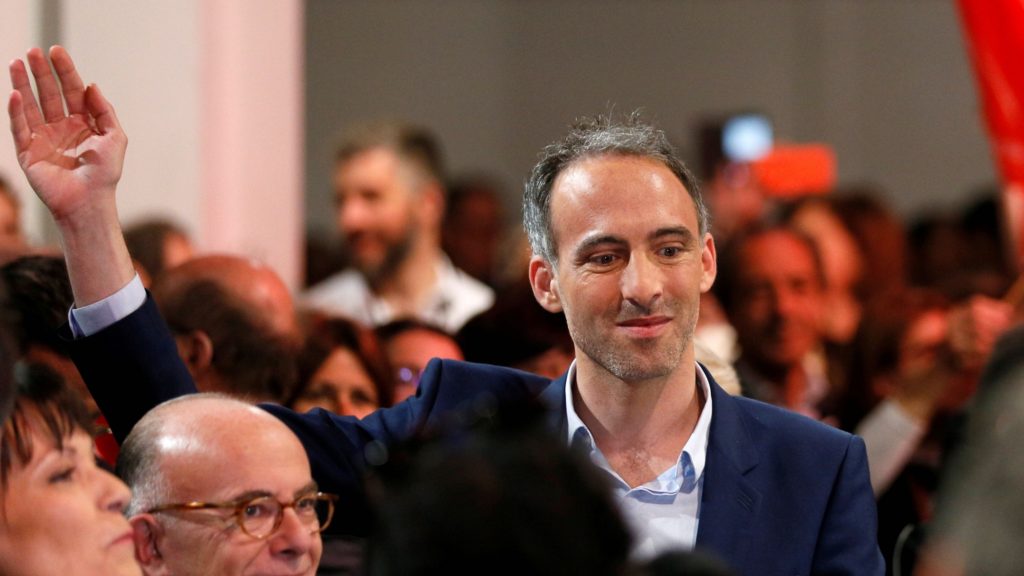UHRP praises European Parliament resolution, urges strong collective action against Uyghur forced labor

December 17, 2020 1:33 PM EST
For Immediate Release
Contact: Omer Kanat +1 (202) 790-1795, Peter Irwin +1 (646) 906-7722
The Uyghur Human Rights Project (UHRP) praises the European Parliament decision to condemn China’s use of Uyghur forced labor, and its call for Member States to evaluate sanctions for Chinese officials and entities responsible for systematic human rights violations.
“Finally, we see positive action on both sides of the Atlantic to end corporate complicity with Uyghur forced labor,” said UHRP Executive Director Omer Kanat, in response to the resolution. “With joint action, democratic countries can impose a real cost on ‘business as usual’ in the face of the Chinese government’s atrocity crimes.”
The urgency resolution, adopted during the European Parliament’s plenary session this afternoon, “strongly condemns the government-led system of forced labour,” calls for sanctions for Chinese officials and entities if found responsible for implementing a system of forced labor and mass detention, and calls on the EU to “proactively work towards an independent UN inquiry on China.”
MEP Reinhardt Bütikofer said during the debate that “Products manufactured by Uyghur forced labour should not land on the EU markets.” MEP Isabel Wiseler-Lima echoed the sentiment and asked “What is the Commission going to do? What kind of measures are they going to adopt? Are they going to adopt legislation on due diligence? We need answers to these pressing questions.”
MEP Raphaël Glucksmann, a consistent champion of the Uyghur cause, said during the debate, “I am accusing the international community for being a part of this crime, for abetting it through its silence.” He continued, “I’m accusing Nike and other multinational corporations that are taking advantage of slavery, and EU decision-makers for lacking courage.”
In a resolution passed in December 2019, the Parliament expressed “deep concern over reports of the possible use of forced labour drawn from internment camps in the supply chain of international companies doing business in Xinjiang.” Lawmakers urged the private sector to “assess their engagement in Xinjiang in order to scrutinise their supply chains to ensure they are not involved in human rights violations.” It also stressed that “if products are produced in re-education camps they should be banned from EU market.”
Throughout 2020, a series of inquiries in the Netherlands, Germany, U.K., Switzerland, Canada, and U.S. have focused on tightening forced-labor import bans and questioning companies about their ties to Uyghur forced labor.
Read more:
EU Observer: How EU can help end Uyghur forced labour, by Omer Kanat
The Independent: Uyghurs are facing eradication in China and major clothing brands are complicit, by Louisa Greve
UHRP, WUC, UAA: Uyghur organizations call on the ILO to denounce Uyghur forced labor
